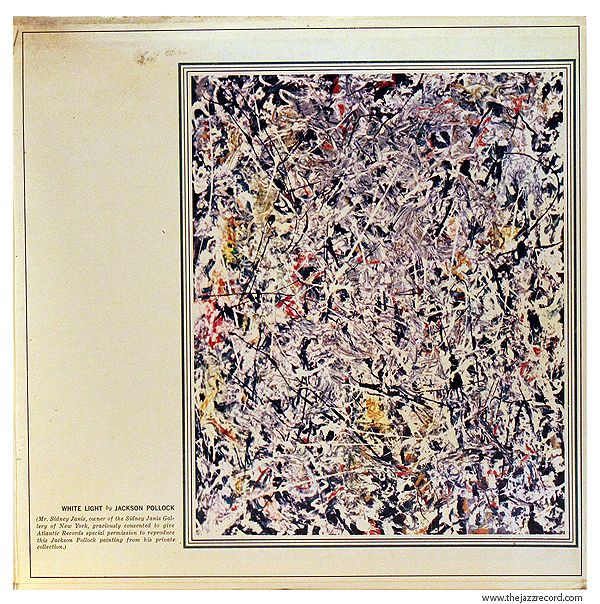
''What does one prefer? An art that struggles to change the social contract, but fails? Or one that seeks to please and amuse, and succeeds?”
― Robert Hughes, The Shock of the New (1980)
''Innovation'' - the introduction of new things, ideas or ways of doing something - is a word that often gets used in hyperbole and getting our attention. But how much is there on the jazz scene in 2022? Looking through the albums that resonated most with us in sub-genre terms chamber jazz, the New Cool, ''ECM jazz'' (more specifically - 1970s varieties of Nordic styles), avant bop and classic hard bop, prog jazz and syncretic Afrojazz carried the day.
None of the above styles, often very big areas where hundreds of artists operate, are new. In fact most have been around for many years - in hard bop's case 60 years back.
Is it even possible to develop true innovation in a purist definition if when you analyse what you are hearing there is simply no connection with a previous cycle in the 100 years plus history of the music?
I would like to think yes. But that yes might involve the destruction completely of all known jazz language styles. It might involve a deliberate attempt to unknow what jazz musicians know. And yet would that true innovation be even recognisable?
Cast your minds back to the 1980s and there was a fashion back then for seeeing hip-hop as the new true bebop. That underestimated the fact that hip-hop would develop into a huge genre on to itself and a few worthy efforts at fusion aside would sit parallel and completely distinctive from what most people see as jazz.
Fusions of styles may be a trend but is it innovation? Jazz-rock to me has a lot of validity and spirit even these days (take what Connie Han is doing for instance) but essentially it is playing a heritage style even when the practitioners are from generation TikTok and may think what they are doing is fresh. On that subject the most hype this year was showered quite rightly on hip-hop and cosmic jazz phenoms Domi and JD Beck.
Innovation is important but it's not the most crucial element out there because the kindling of interest in older styles and the creative paths new musicians can follow paying tribute to them is always fascinating. However, for sheer cataclysmic change we need innovation or at the very least aspirations towards it to ward off complacency and to breath new fire into the dying flames burning down the windmills of our minds. Who that new Cecil Taylor, Paul Bley, Ornette Coleman, Miles Davis or Herbie Hancock will be is anyone's guess. But one thing is for sure innovation is never easy and is likely to be hated as much as it is applauded at first when the shock of the new brings out the inner reactionary in all of us.
Connie Han photo: Mack Avenue
